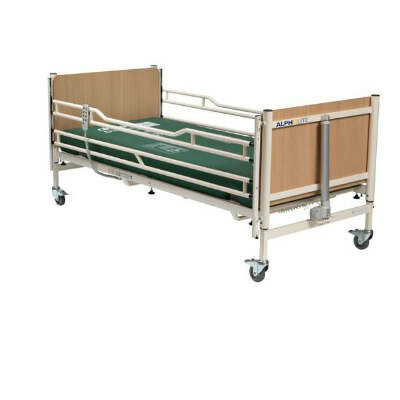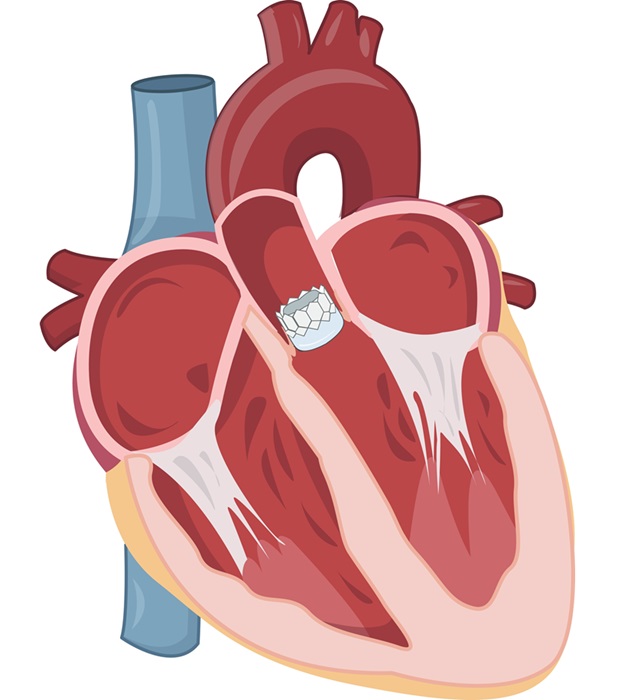AI Brain-Age Estimation Technology Uses EEG Scans to Screen for Degenerative Diseases
Posted on 29 Apr 2024
As individuals age, so do their brains. Premature aging of the brain can lead to age-related conditions such as mild cognitive impairment, dementia, or Parkinson's disease. The ability to determine "brain age" easily could allow for early intervention in cases of premature brain aging, potentially averting severe health issues. Researchers have now developed an artificial intelligence (AI) technique capable of estimating a person's brain age using electroencephalogram (EEG) brain scans, potentially making early and regular screening for degenerative brain diseases more accessible.
Researchers from Drexel University (Philadelphia, PA, USA) employed a type of AI known as machine learning to gauge an individual's brain age in a manner similar to estimating a person's age based on their physical appearance. This measure is viewed as an indicator of general brain health. If an individual's brain appears younger compared to that of other healthy individuals of the same age, it typically raises no concerns. However, if a brain appears older than those of similarly aged healthy peers, it might indicate premature brain aging—or a "brain-age gap." Such gaps, the researchers note, can result from diseases, exposure to toxins, poor nutrition, or injuries, and they may increase susceptibility to age-related neurological disorders. Despite the importance of brain-age estimates as health markers, they have not been extensively utilized in healthcare settings.

Typically, machine-learning algorithms can learn from MRI images of healthy brains to identify features that predict an individual's brain age. By inputting numerous MRI images of healthy brains into a machine-learning algorithm along with the chronological ages of those brains, the algorithm learns to estimate the age of an individual’s brain based on their MRI. Adapting this approach, the researchers developed a method using EEGs instead of MRIs. An EEG, which records brain waves, is a more affordable and less invasive test than an MRI, requiring only that the patient wear a headset for a few minutes. Thus, a machine-learning program that can determine brain age from EEG scans could provide a more accessible tool for monitoring brain health, the researchers suggest.
“Brain MRIs are expensive and, until now, brain-age estimation has been done only in neuroscience research laboratories,” said John Kounios, PhD, a professor at Drexel University who led the team. “But my colleagues and I have developed a machine-learning technology to estimate a person’s brain age using a low-cost EEG system.”
“It can be used as a relatively inexpensive way to screen large numbers of people for vulnerability to age-related. And because of its low cost, a person can be screened at regular intervals to check for changes over time,” Kounios said. “This can help to test the effectiveness of medications and other interventions. And healthy people could use this technique to test the effects of lifestyle changes as part of an overall strategy for optimizing brain performance.”
Related Links:
Drexel University











_1.jpg)

